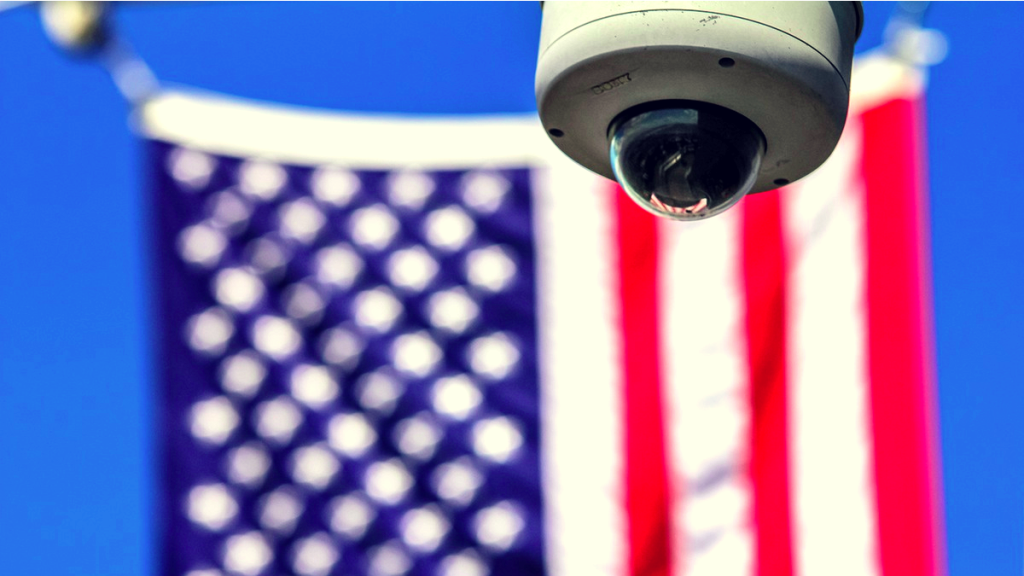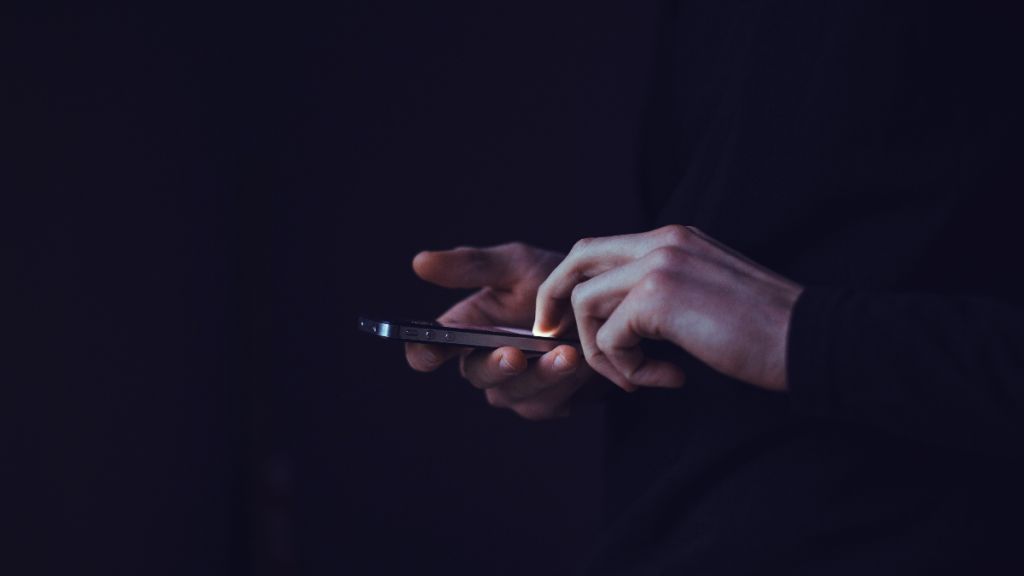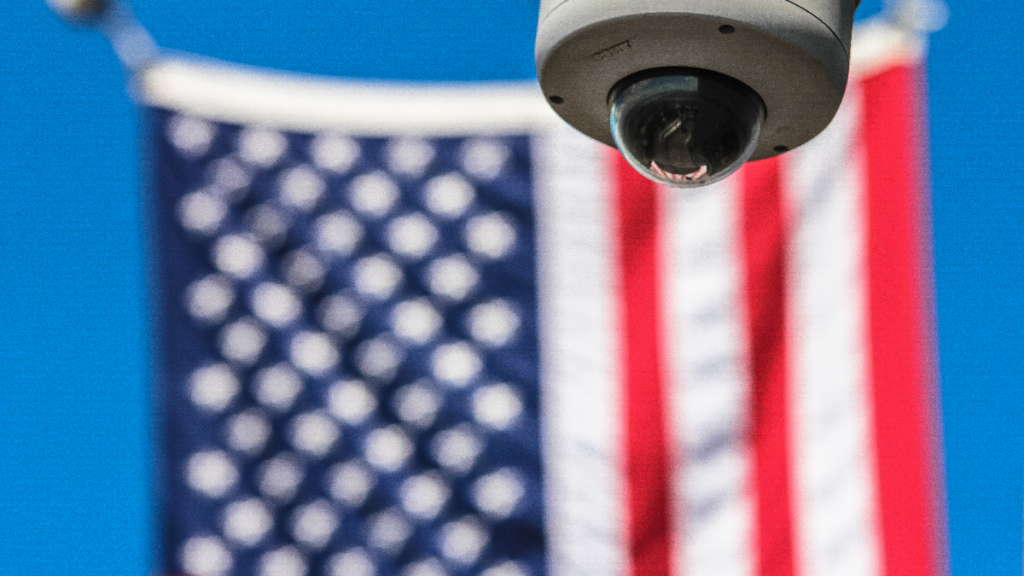Tag: right to privacy


Why we’re being watched: Top 6 Learn Liberty resources for understanding the new CIA leaks
March 10, 2017 | Post
Here are the top six Learn Liberty resources for interpreting Wikileaks’ “Vault 7” documents on the CIA.

Why you should encrypt — and 3 tools to get started right now
January 26, 2017 | Post
Whether it’s protecting your banking information from potential hackers or making sure some nefarious government agent doesn’t intercept sensitive data, there are a ton of reasons to use basic encryption technologies for your communications.

AT&T Requires Police to Hide Hemisphere Phone Spying
November 9, 2016 | Post
Every day, AT&T adds four billion call records to Hemisphere, making it one of the largest known reservoirs of communications metadata that the government uses to spy on us.

These 1970s Court Cases Give Police Your Location Data With No Warrant
June 3, 2016 | Post
An appeals court ruled recently that police don’t need a warrant to access your cell phone’s location data. Several cases challenging law enforcement’s warrantless access to location data have come up in recent years as cell phones technology advanced. The recent ruling, despite dealing with new technology, is based on a precedent set by court […]

The FBI Still Wants to Read Your Email
June 3, 2016 | Post
Despite recent setbacks, the FBI is still trying to expand its power to access citizens’ communications. This time, it wants to read your emails. Not long ago, the FBI dropped its suit against Apple. The intelligence agency was demanding that Apple devise a backdoor into an iPhone—had the FBI won, it could have set a […]

Debate Over Whether FISA Lets The Government Spy on Americans Set to Escalate
May 20, 2016 | Post
The tension between government surveillance, citizens’ privacy, and national security has been an ongoing issue for years. From concerns over the Patriot Act, Edward Snowden’s leaks and the controversy over NSA surveillance, and more recently the FBI’s case against Apple over encryption, evolving technology is constantly raising new questions about surveillance and privacy.

WhatsApp, Encryption, and Your Right to Privacy
May 19, 2016 | Post
The messaging service WhatsApp has run into problems with the Brazilian government for failing to turn over data relating to a criminal investigation. With over one billion users, the wildly popular app features a major benefit that many governments disapprove of: it encrypts all messages sent through the app. This is only the most recent […]

